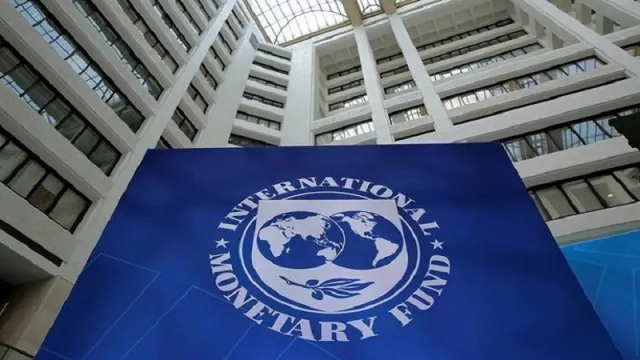IMF unveils food shock window to help food-insecure countries cope

IMF unveils food shock window to help food-insecure countries cope
The International Monetary Fund (IMF) has announced the mobilisation of emergency financing instruments to establish a year-long Food Shock Window to provide additional access to emergency financing to countries facing mounting debt and food crises.
In a statement on September 30, IMF managing director Kristalina Georgieva said the multilateral lender was working to address global food insecurity by providing financial assistance and policy advice.
“The IMF, working with partner institutions, is actively contributing to the international response to food insecurity, notably by providing policy advice and financial assistance,” said Ms Georgieva.
For some time now, the combination of climate shocks, the pandemic, and regional conflicts have disrupted food production and distribution, driving up the cost of feeding people and families, especially in the Horn of Africa where tens of millions are at risk of hunger and malnutrition.
In August, the World Health Organization (WHO) warned that the Greater Horn of Africa is experiencing one of the worst hunger crises of the last 70 years, with more than 37 million people facing acute hunger the region.
The Horn of Africa includes Djibouti, Somalia, Sudan, South Sudan, Ethiopia, Uganda, and Kenya.
Read also: Kenya inflation edges to 9.2 percent as fuel and food costs spiral
Closer home, Kenya’s National Drought Management Authority (NDMA) has issued a stark warning about the worsening drought in 20 of the 23 arid and semi-arid counties.
The affected counties include Laikipia, Tana River, Tharaka Nithi, Isiolo, Mandera, Garissa, Turkana, Wajir, Samburu, and Marsabit.
The early cessation of the 2022 long rains season has worsened the drought situation in counties that were already bearing the brunt of the poor performance of three previous consecutive failed seasons. This is the fourth consecutive poor rainfall season since the 2020 short rains.
IMF’s newly established Food Shock Window will provide an additional line of defense after grants and concessional financing.



